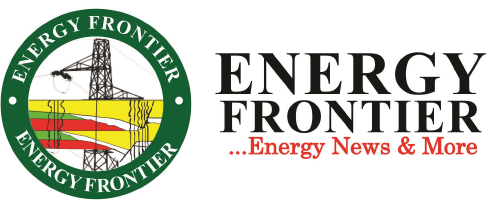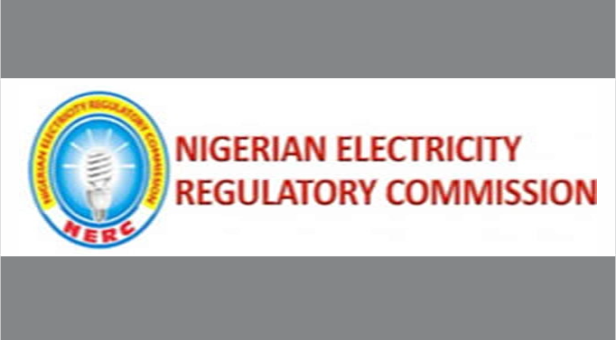The Power sector in Nigeria has been bedeviled by ineptitude power supply owing to lots of challenges hampering the operations of the sector.
Factors inhibiting the operations in the sector
The current black out experienced by Nigerians are caused by many factors such as shortage of gas supply to power plants, the collapse of the national grid, illiquidity of the industry, huge metering gap and infrastructure deficit to mention but a few.
In a swift reaction to the ugly situation faced by Nigerians, the Chairman, Nigerian Electricity Regulatory Commission, NERC, Sanusi Garba, held the Nigerian Electricity Supply Industry, NESI, meeting in Lagos last week to brainstorm with key stakeholders on the steps that would address the challenge.
Top officials in NERC, Transmission Company of Nigeria, TCN, Generation Companies, GenCos, and Electricity Distribution Companies, DisCos, attended the meeting.
The meeting according to the Chairman was in line with the directive of the Minister of Power, Abubakar Aliyu, for stakeholders to work together to restore the normal distribution of electricity and to improve supply nationwide
The Chairman said that the government planned to ensure that the thermal power plants are working optimally and that the grid was stable.
Garba further stated that NERC had approved a special gas pricing for emergency contracting of gas from the Nigerian Gas Marketing Company Ltd for the Niger Delta Power Holding Company, NPDHC, to optimise utilisation of its power plants.
Furthermore, NERC has directed the Electricity Distribution Companie, DISCOs to finalise and submit their Performance Improvement Plans, PIPs, in its bid to address the current challenge in the power sector which has thrown lots of Nigerians into darkness.
This directive was revealed in the 2019 third-quarter report released by the NERC.
The Commission maintains that the complete resolution of both the operational and technical challenges in electricity generation remains one of the top priorities of the Commission.
“The Commission continued consultations with relevant stakeholders to develop lasting solutions to the gas impasse in the power industry. Furthermore, the Commission continues to execute a number of actionable items identified in its Strategic Plan 2017-2020 to completely resolve the technical and operational challenges in NESI”, said the Report.
“Pursuant to this effort, the Commission directed DisCos to finalise and submit their Performance Improvement Plans, PIPs, covering 2020 – 2025 using the guidelines provided by the Commission”, it added.
“The overall objective of the PIPs is to ensure that utilities invest in projects critical to addressing the technical and operational challenges affecting their operational efficiency. Engagement of consultants to support the Commission in evaluating the PIPs has since commenced”, maintained the Commission.
The evaluation according to NERC is expected to appraise the DISCOs’ proposed utilisation of capital and operating expenditure allowances for relevance and cost efficiency, the investments required by DISCOs towards addressing distribution networks bottlenecks and free up part of the stranded generation capacities and address other related constraints inhibiting the flow of energy.
“During the same period, the Commission approved the 2016-2018 minor review of the Multi Year Tariff Order, MYTO, 2015 to determine the cost reflective tariffs, relevant tariff and market shortfalls and prescribe the minimum remittance thresholds for each DisCo in line with the allowed end-user tariffs payable by customers”, it stressed.
Meanwhile Statistics from Nigerian Bulk Electricity Trading, NBET, Plc showed that an average of N720 billion worth of electricity bill is processed yearly in the country, bringing the cost to about N5.7 trillion in the last eight years. Electricity users in Nigeria settle these bills with measurable subsidy from the Federal Government.
But a fortnight ago, NERC confirmed the removal of electricity subsidies by the Federal Government, adding that the commission will review tariff rates every six months.
“Currently, the cumulative generation nationwide is low and generation companies have attributed this to several factors including poor gas supply, faults in generating units, scheduled and unscheduled maintenance, all of which have caused most power companies to limit their generation, or sometimes not generate at all.
“A summary of the power generating profiles in the last two months, for instance, clearly shows that 14 gas-powered stations were either not generating at all or had limited generation at various times within the period, further depleting the quantum of power generation available for transmission into the grid on a daily basis.”
However, it is not all bad news as Energy Frontier notes that there is improvement in power supply in some areas where Discos have entered into Bulk purchase or Power Purchase Agreement with the Communities who are ready to pay for the quantity of power supplied to them according to the agreement. The areas enjoy relative power supply from 12 hours or more on daily basis.
Way forward
The solution to these problems are not far-fetched experts have argued that there should be commensurate investments in the sector so also that there market driven price mechanism for bills paid by Nigerians to encourage investments in the sector. That is, market forces should determine the price when it comes to billing. And not price dictated by the government.





















